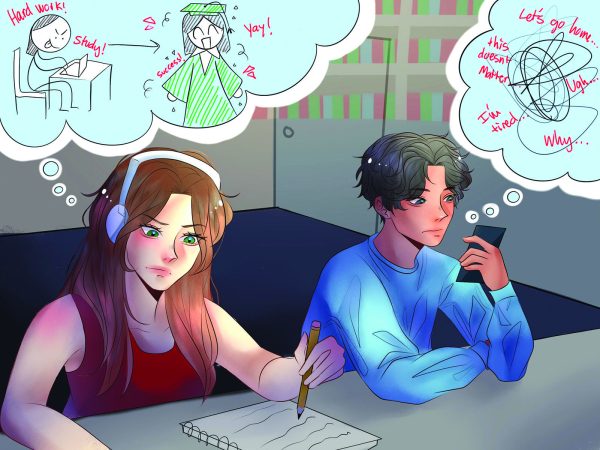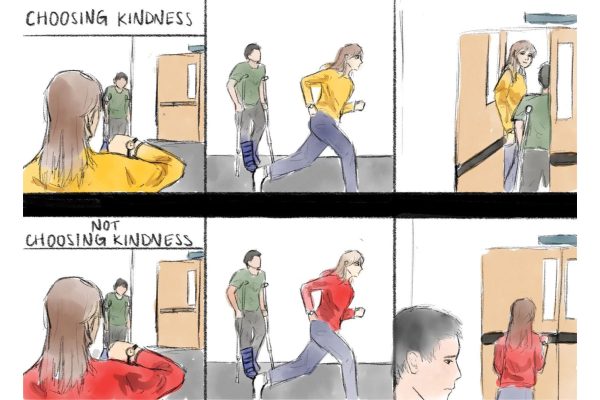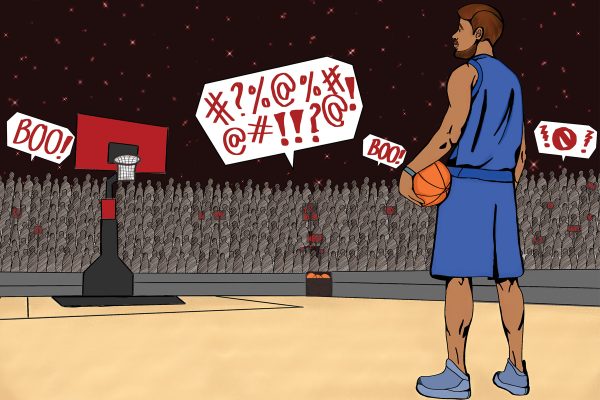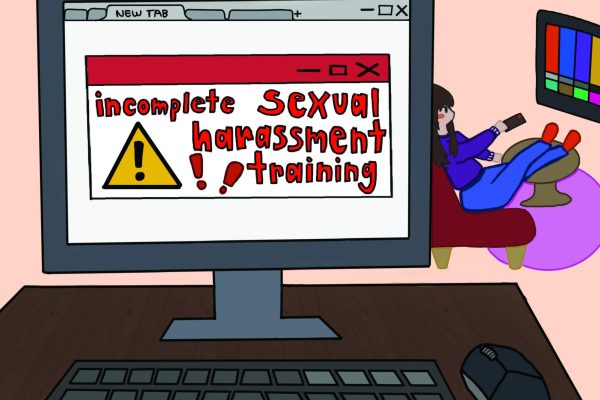E-book truth uncovered
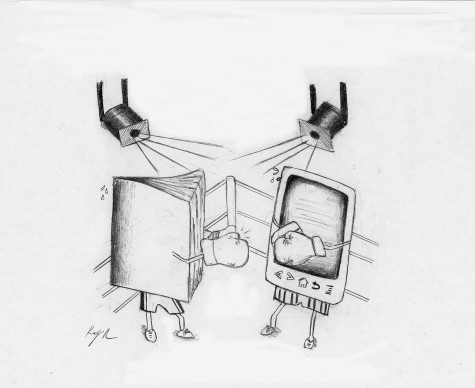
I received a Sony eReader for my birthday a few years ago, and I loved it. It was shiny and beautiful and had all my favorite books. I was thrilled.
However, after some time had passed and the novelty of having a new toy wore off, I realized something was not the same: the magic of reading had started to fade.
Maybe I just missed the tangible feeling of the pages between my fingers or being able to see the progress I made through the book, but I soon discovered that I missed my old paper friends sitting quietly on my bookshelves.
A little while after I received my eReader, I purchased my first online textbook upon starting high school. I quickly became frustrated as I tried to find information in it, and I wasn’t learning as well as I was in other subjects with regular textbooks. Despite using the textbook on a computer rather than an eReader, I found that the computer was also not as good as its paper counterpart.
Perhaps it was just me, but I wasn’t succeeding online — especially when it came to a class where book notes were important.
As it turns out, there was a reason behind my struggle. Studies have shown that students absorb more information from paper than from e-books.
According to an experiment conducted by associate professor Heather Schugar from West Chester University, people reading from electronic devices show significantly lower comprehension of information than those reading a paper version.
The explanation for this phenomenon comes in part from the tactility of paper. Reading experts say physical sensations act as a way to anchor your memory and help you remember where in the book events occur. This feeling is taken away through e-books, in which moving to the next page takes the click of a button.
In an environment like school where recalling information is so important, why would we knowingly make things harder for ourselves?
Despite these studies, e-books are not all bad. Obviously they are lighter and are cheaper, but the lesser cost is not worth the loss of key knowledge and understanding.
If we want to succeed, paper books are the way to go. I don’t want a book, no matter how cheap, if it won’t help me perform to the best of my ability. If we transfer online completely, we will not reach our full potential.
So ask yourself, is the change worth it?
Although it’s partially an aesthetic claim to say that paper books are better than electronic ones, there are definite benefits to maintaining the value of paper rather than changing from a traditional way of learning to an electronic one.
It may seem like e-books are the way to go, but remember, the magic is only temporary, and when that fades, the loss will become clear.


